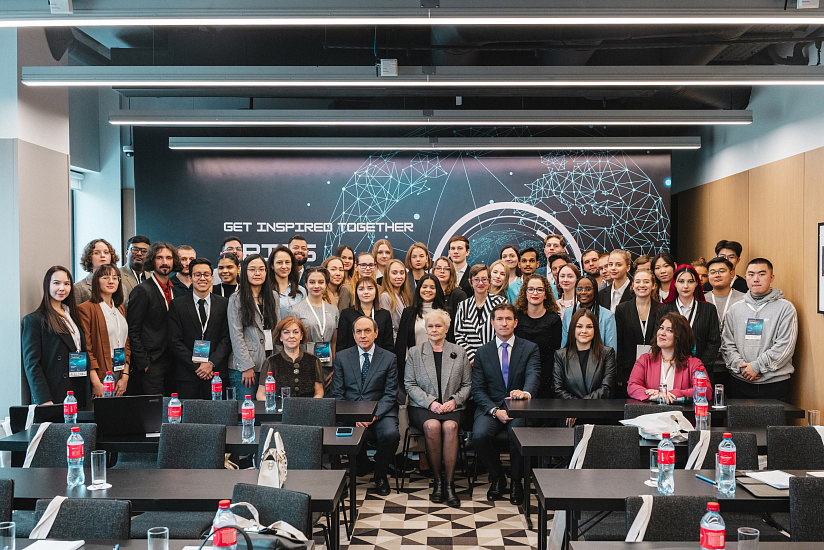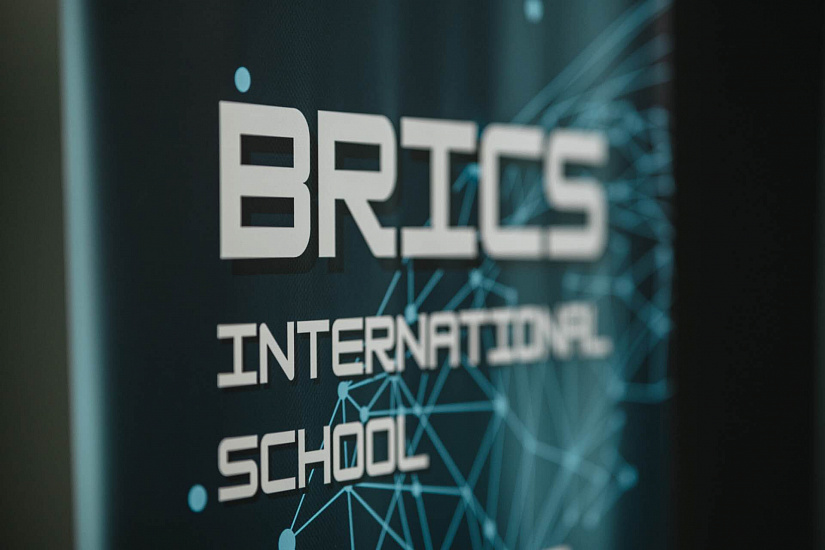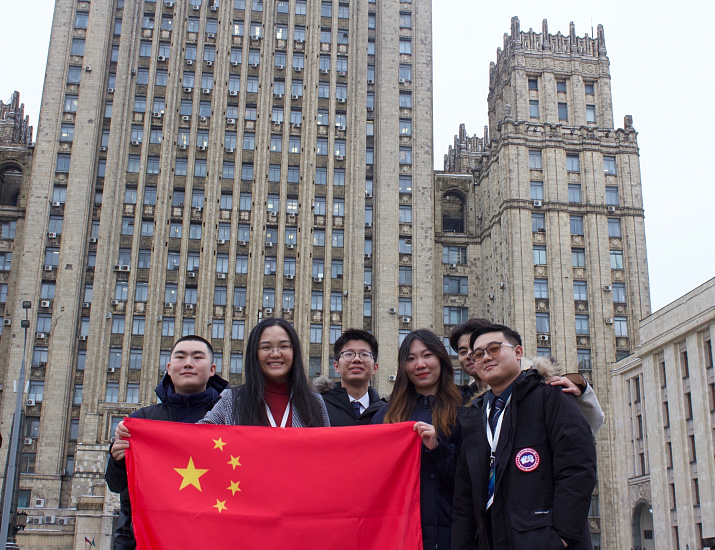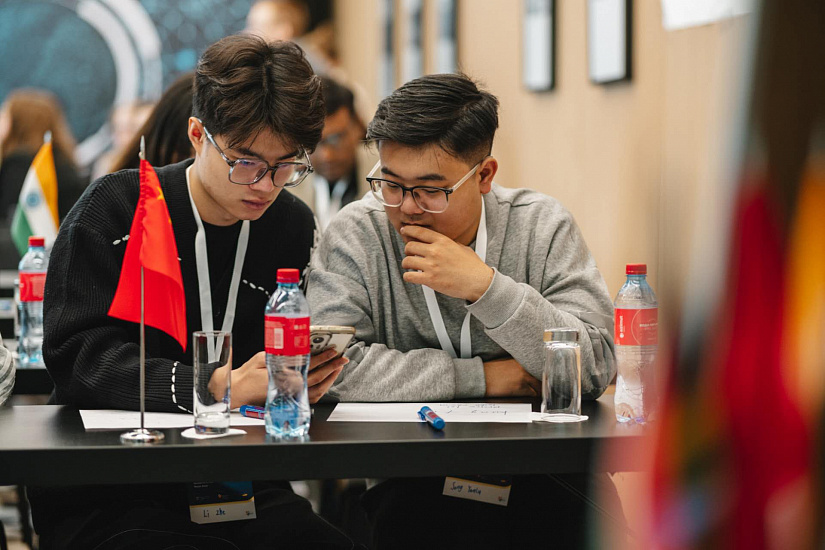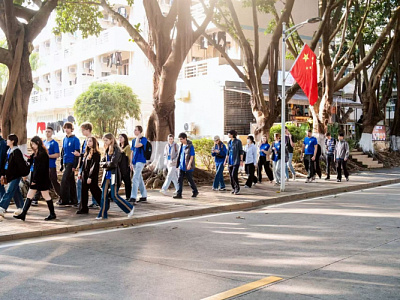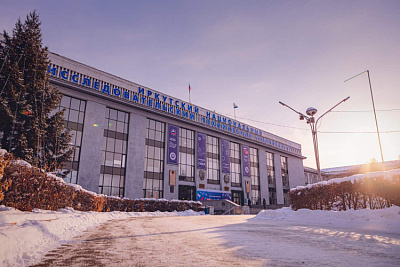INRTU students from China participated actively in the 6th BRICS International School in Moscow
The project is organized by the BRICS National Research Committee. The educational program is aimed at training specialists in the field of studying the interaction of the interstate association of five rapidly developing countries in the political, economic and humanitarian spheres.
This year, 45 young diplomats, scientists, undergraduate and graduate students, journalists and entrepreneurs from Russia, Brazil, India, China, South Africa, Kazakhstan, France and others participated in the school.
Third-year students of INRTU from China Li Zhu, Song Yanlu, Xu Xinyang, and Zhu Jiayu were able to pass the rigorous selection round. At BS BRICS they are mastering the English-language program "Journalism and Communication Technology".
Vyacheslav Nikonov, First Deputy Chairman of the State Council of the State Duma Committee on International Affairs, greeted the participants at the opening of the BRICS International School. He spoke at the plenary session on "BRICS in the New Era of Global Development".
School participants were offered to take a comprehensive course consisting of thematic modules. On the first day the participants attended a master class on development of intercultural communication skills and training in forming strategies for personal and professional growth.
Students of Irkutsk Polytechnic University learnt about the principles of ecological, social and corporate management during the lecture delivered by the representatives of the National Research University Higher School of Economics. The program of the school continued with a block on public diplomacy and a course devoted to the media industry. Then there was a master class on "The basics of modern presentation" by Nadezhda Andrianova, a lecturer of the National Research University Higher School of Design.
During the educational project, Polytechnic students met with Russian Deputy Foreign Minister Sergey Ryabkov and participated in a discussion on international stability and security and BRICS economic development challenges.
The program was rounded off with a debate on "BRICS Institutionalization: For and Against," during which the teams defended their positions.
The participants were awarded certificates for successful learning during the closing ceremony of the VI International Scientific and Educational Program "BRICS School".
Xu Xinyang, a student of INRTU, shared his impressions of the project. He said that a cultural and creative evening was organized:

"We got acquainted with the national music and cuisine of the guys from other countries. Our Chinese delegation talked about kung fu, the Great Wall of China, and presented editions of "The Book of Changes," and "Yin Yang. Then we and the rest of the participants learned folk dances to energetic Russian songs.
The international school intensives made it clear that BRICS is strengthening ties in various sectors of the economy, and mutually beneficial cooperation is helping countries to develop rapidly."
According to Lee Jae, a polytechnic student, before this academic year his group was trained in a distance learning format:
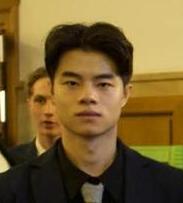
"Thanks to participation in the international school we were able to see the capital of Russia, learn about the local color. I also liked the excursion to the Ministry of Foreign Affairs of the Russian Federation, which was organized for all participants of the project."

